I am so glad I saw this article on Bright Side and I cant wait to share it w/my Dr.
In 1996 I lost the brother I was closest to (out of 7), two years later I lost my husband of 25 yrs. 3 months later we lost his brother. And the list goes on until I had lost 7 men in immedtient family in 4 short years. Talk about devastated!
Needless to say, after 20 some years everyone is wondering when will I "get it together" again and be the vibrant, enerzied, funny woman like I once was.
I have wondered this myself. Only this morning I wondered if I was done feeling sorry for my losses,... and myself?
One thing I do know is I can put a name on what Im feeling and hopefully work my way out of my depression & anxiety. Im looking forward to the information I find on Emotional Stress.
5 Signs You Might Have Emotional Burnout
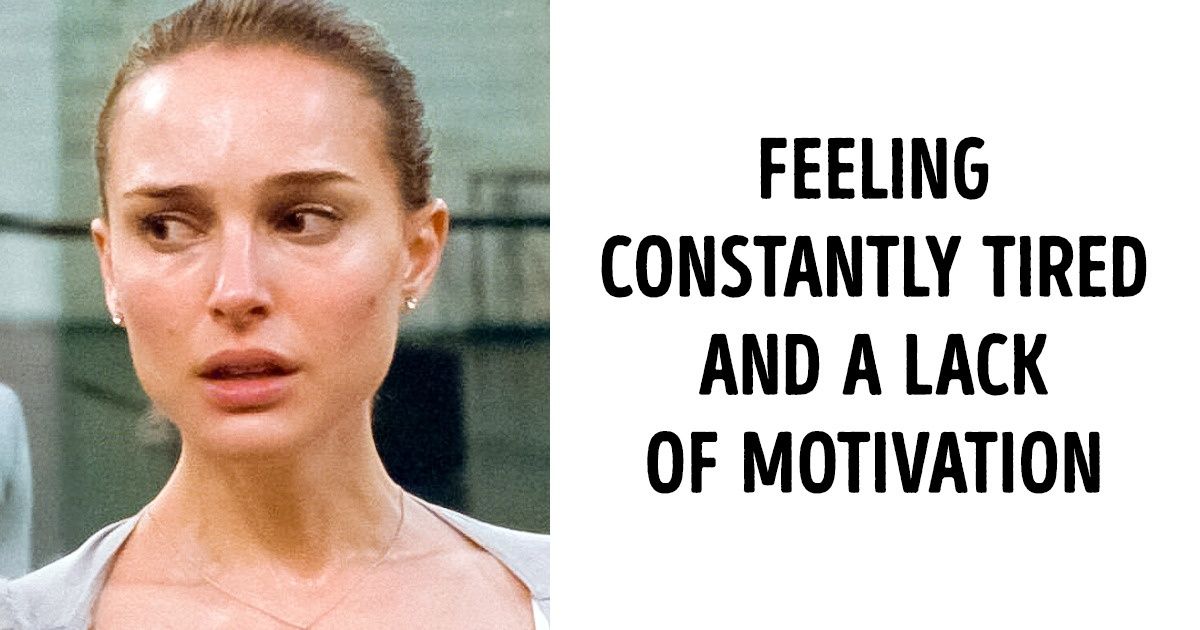
There are often situations in our lives that are out of our control. They require a lot of emotional strength, which at times we actually manage to muster. But many others make us feel defeated, and the stress of always having to be strong could end up taking its toll. A study on emotional exhaustion in nurses, who are often exposed to situations of demand, control, and fatigue, found interesting evidence of what this type of exhaustion means. Taking care of your emotional life is of the utmost importance and it should always be one of your top priorities.
That’s why Bright Side decided to write an article on emotional exhaustion, a syndrome that often goes unnoticed, but that is just as important as any other medical issue. At the end of the article you will also find a few recommendations to prevent and/or help you cope with this very particular type of stress.
Emotional exhaustion, an overload of stimuli
When someone is emotionally exhausted, they often get overwhelmed or feel overloaded. Contrary to what you might think, overworking is not the only reason that this happens (this is sometimes referred to as burnout syndrome). Emotional exhaustion happens in many other situations too. Sometimes it comes up in more personal circumstances like with couples, while parenting, or in people whose job involves taking care of others, like nurses. It is actually linked to taking on more responsibility than we can handle — it’s more like an overload of emotions. It presents itself as physical tiredness and a feeling of lack of control over our life.
What the study found
In this study, Dr. Jordi Fernández-Castro of the University of Barcelona and his team analyzed how a group of 96 nurses from the ER and ICU perceived demands, control, effort, and rewards. They also measured how their perception changed depending on the task they were asked to perform. The goal was to find out if these factors were linked to emotional exhaustion.
Using an app specifically designed for this purpose, the nurses had to answer 4 questions related to demand, control, effort, and reward during their tasks. The results showed that fatigue decreased with reward, but increased together with the level of emotional exhaustion when demand was more important.
In other words, how important a task is and what we get out of it play an important role in fatigue at the workplace. Personal factors like lack of sleep play a part as well.
Possible causes for emotional exhaustion
Despite the fact that nurses from the study showed chronic stress due to the nature of their work, anyone can be at risk of suffering emotional exhaustion. A person can become progressively overwhelmed with negative emotions, thoughts, or feelings until they become unable to cope with the stress. The feeling of being tired may increase throughout the day, especially at times when work is the most demanding. It only gets a bit better when it is compensated with a perceived reward. This reward can be personal or financial in nature. Clearly, another example of reward can simply be a moment of true rest.
Nurses are a good example of what the constant demand for responsibility at work can cause. Together, other circumstances could trigger emotional exhaustion too, like:
- Going through a significant change in life, like a divorce or the death of a loved one
- Having an unstable financial situation
- Working under pressure, or feeling social pressure from family and/or at school
- Having a chronic illness
- Being exposed to a highly demanding work environment
A few symptoms that might help you check whether you suffer from emotional exhaustion
Emotional exhaustion can come “silently,” but can be noticed in multiple ways, like with when you feel more physical fatigue than normal, or if you have headaches, depression, or problems falling asleep. That said, certain symptoms have nothing to do with exhaustion, so it’s always recommended that you seek professional help if any of these occur.
You might also have difficulty focusing or visualizing things.
If you’re suddenly starting to have difficulty concentrating on things, you might be emotionally exhausted. Some people might even have trouble organizing or planning things in their minds.
Have you ever felt this way? What method helps you get rid of the stress? We would like to read your suggestions and experiences in the comment section.
Comments
I struggled hard when I was in my 5th year of high school, I got really tired and wanted to finish it but had no energy left to complete the whole year. I took a year break to re think what I wanted to do in my life, changed the course and then I finally found what I wanted to do and now I am going for my master degree
Related Reads
17 Breakup Stories That Prove the Best Revenge Is Living Well

My Boss Denied My Vacation for My Own Brother’s Wedding—So My Revenge Was Cold and Calculated
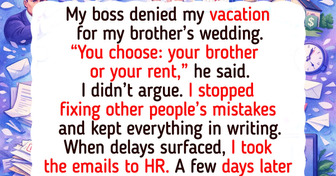
I Refuse to Forgive My Wife for What She Did to My Son

10 Travelers Who Took “Breaking the Rules” Way Too Far
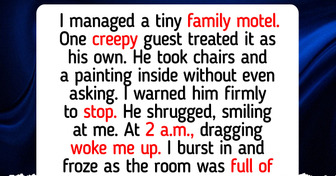
I Refused to Expose My Salary to My Parents, Now My Life Is Falling Apart
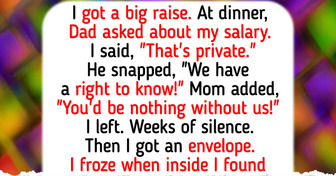
My Coworker Tried to Humiliate Me to Our Boss—I Had the Perfect Receipts
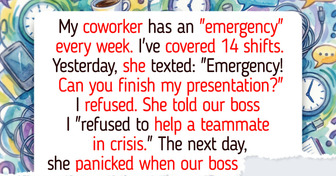
I Refused to Put My Health at Risk Because of My Job, Now HR Got Involved

My Manager Tried to Destroy My Career but a Work Argument Showed Them the Truth
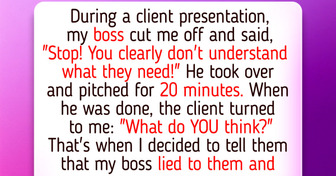
I Refuse to Cook Separate Vegan Meals for My Entitled Stepdaughter, So I Gave Her the Ultimate Reality Check
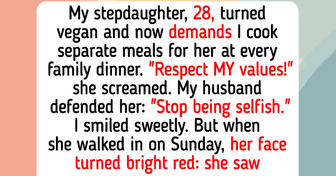
12 Life Moments Where Quiet Kindness Played the Main Role

16 Moments That Prove a Kind Heart Can Quietly Change Everything
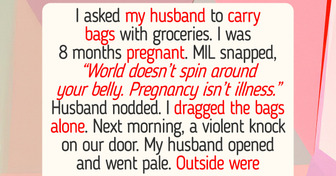
I Refuse to Be My Mom’s Retirement Plan After She Chose to Stay Home Her Whole Life






